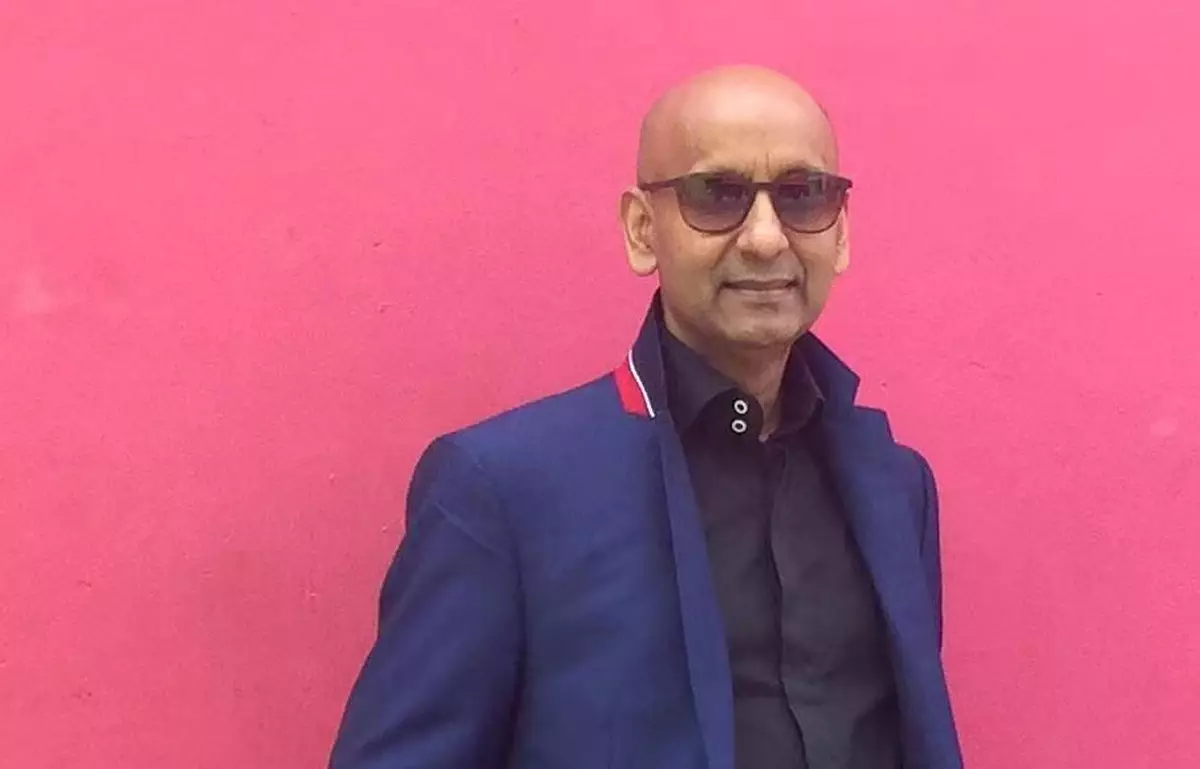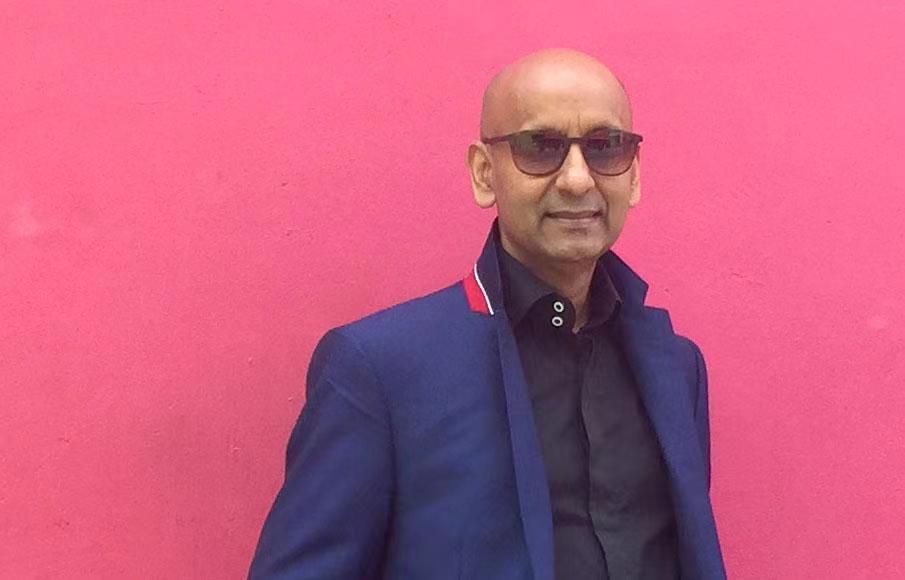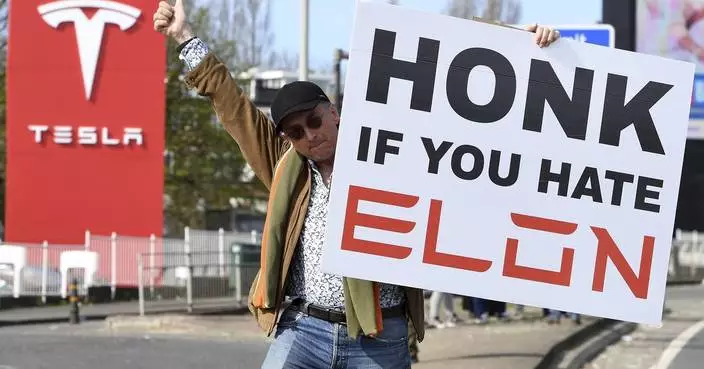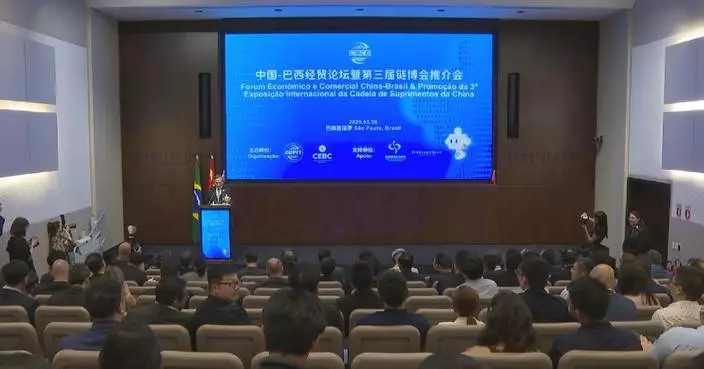Humanized mice, mpox testing kits, and a way of finding out if you are going to have a heart attack 720 days in advance.
Those are just a few of the breakthroughs scientists showed off at BIOHK 2024, an international gathering of bio-tech experts in Hong Kong—and we'll discuss some of them shortly.
But first, the really big news came in the opening event, when speakers noted the sheer number of biotech companies in the Greater Bay Area.
China has 199 science parks, with 111 featuring biotechnology research and development. Of those, 93 are concentrated in Greater Bay Area. Thus it appears inevitable that this region will be a biotech center for the world.
"I believe that you are building here a unique confluence of biomed research and analytics that not just as the opportunity to serve China but it also has the opportunity to serve the rest of the world because these are unique components that so few parts of the world have," said Sir Jonathan Symonds, chairman of GSK, one of the world's biggest healthcare firms.
Businesses agree with him. More than 60 companies have already signed up to participate in the Hong Kong Shenzhen Innovation and Technology Park.
And where will the money come from? Hong Kong is already one of the largest global biotech fundraising hubs in the world, so has plenty of skill in organizing investments.
There are large numbers of companies at this event, with a great many breakthroughs to show off, but let's look in more detail at a few.
HUMANIZED MICE
First, consider a problem. Before potentially dangerous medical products are used on you or your children, they are tested on mice. But there are a great many differences between rodents and humans.
So Chinese scientists are putting specific genes into mice to bridge that gap for specific experiments. These are known as humanized mice.
Mingceler, a firm based in Guangzhou, has developed what it calls Turbo Mice, accelerated rodents which provide genetic material for checking drugs are safe in half the normal development time.
PREDICTING YOUR FUTURE
Then there's this firm, BSP Medical, which has developed a test that can check if you are likely to have a heart attack, 720 days before it happens. Long enough, the theory goes, for you to develop healthy habits to change the future.
There were also food labels that change color when the food goes bad, artificial mussels that detect pollutants in the water, and a phone app that tells you how many calories in your lunch—and advises you on healthy restaurants near you.
These are all fun developments, but there's a serious message behind all this. The proportion of old people in the world is rising fast and there simply won't be enough money in the system to give people the care they need, unless things change rapidly.
Here's what Sir Jonathan Symonds said: "So I congratulate you, I commend you and I urge you to continue to move at pace because I think you have a significant contribution to make to the health of the world."
Lai See(利是)
** The blog article is the sole responsibility of the author and does not represent the position of our company. **












































